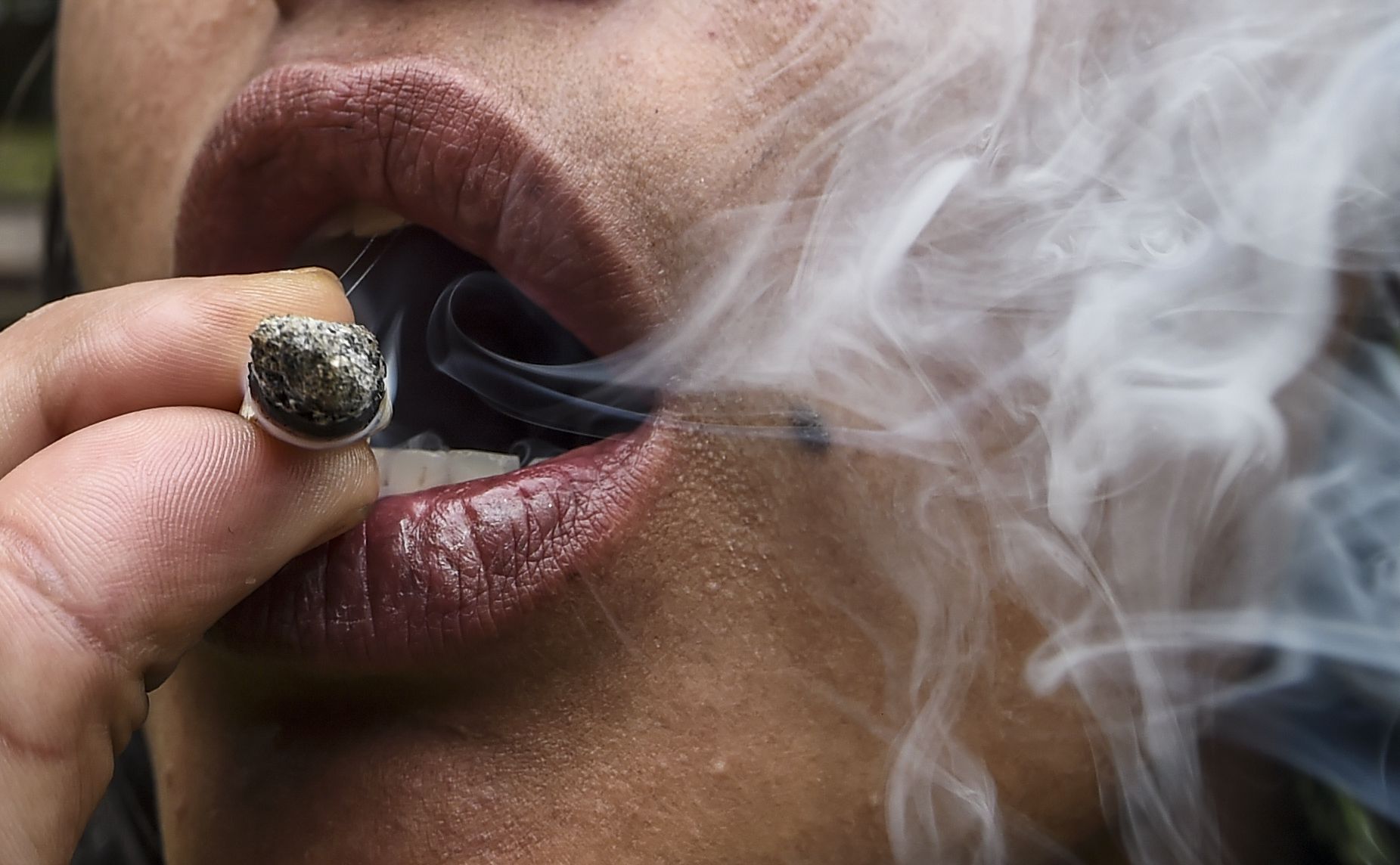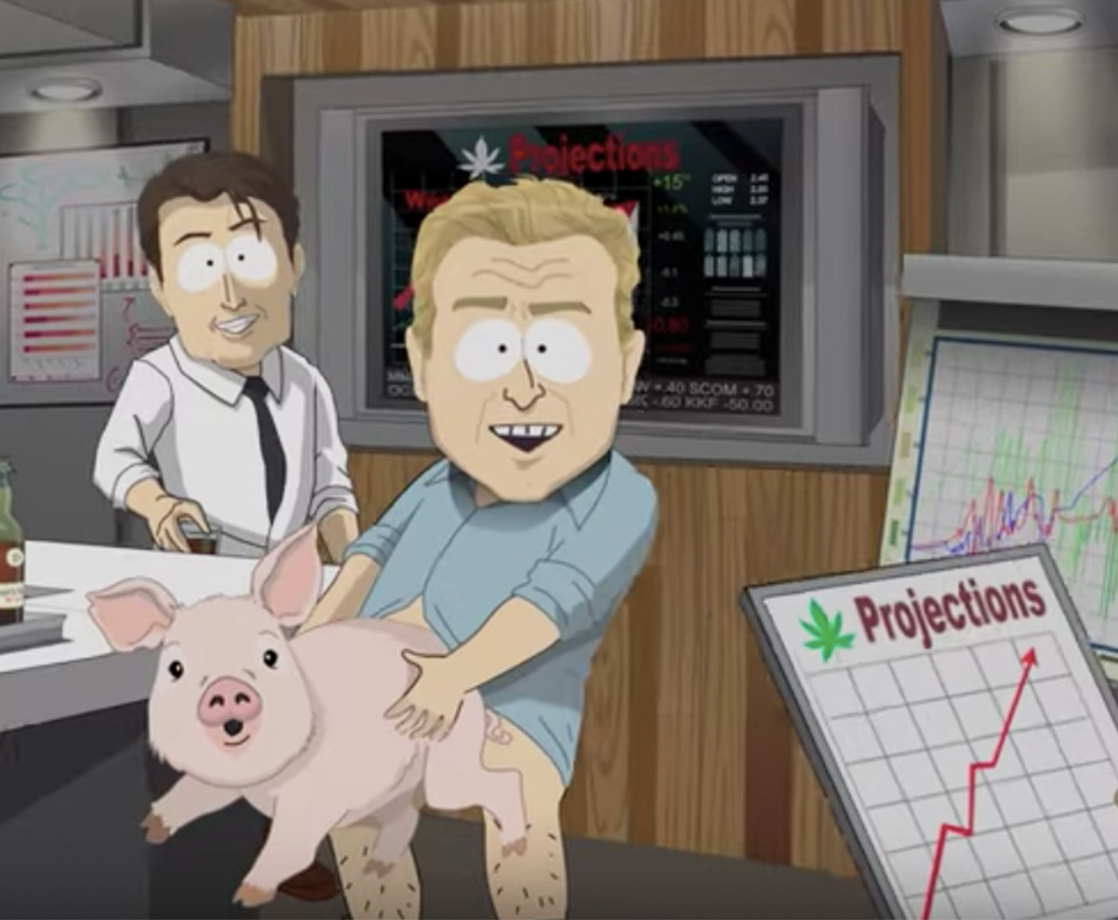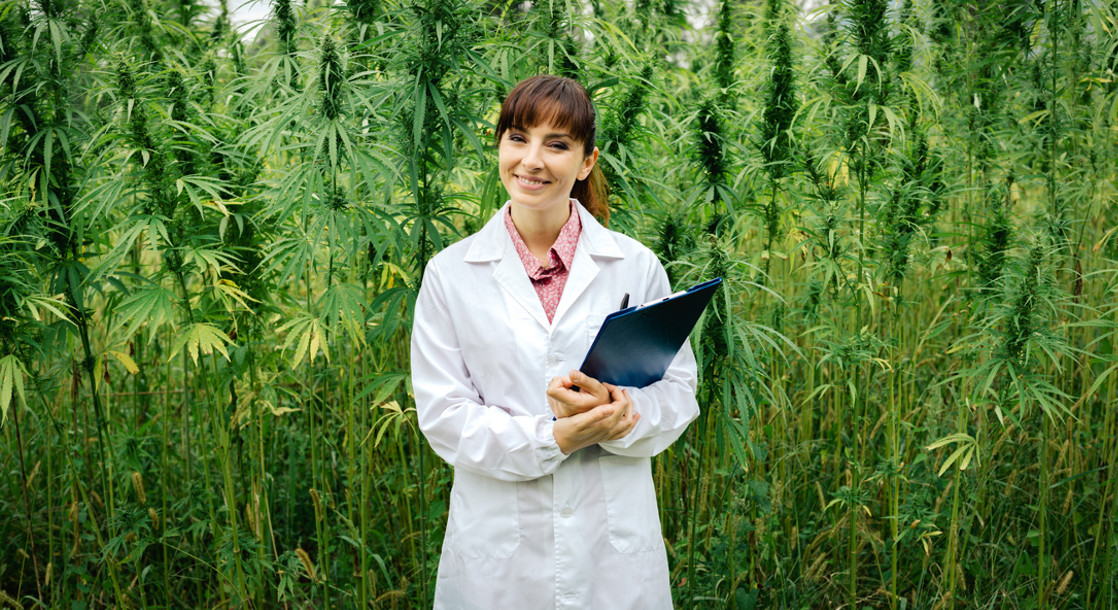A new clinical study by a group of French scientists has found an interesting connection between depression, chronic stress, gut bacteria, and the body’s endocannabinoid system.
In recent years, scientists have been exploring the possibility that the root of depression may lie in the gut, not the brain. Although many theories have linked gut bacteria to depression, scientists are still working to understand exactly how this process works. Now, a new study published in this month’s Nature Communications journal has highlighted how imbalances in gut bacteria can disrupt the body’s endocannabinoid system, leading to depression.
In the 1990s, Israeli researchers investigating the effects of cannabis discovered that the body has a natural network of cannabinoid receptors. This natural network, known as the endocannabinoid system or ECS, is one of the body’s most important regulatory systems, keeping immune responses, learning, sleep, and appetite in a state of balance. Researchers now believe that disruptions in this system can cause mood disorders, irritable bowel syndrome, fibromyalgia, or migraines.
In the present study, researchers began examining the difference in gut bacteria between healthy mice and mice who were exhibiting symptoms of depression. The study authors induced these depressive symptoms themselves by exposing one group of mice to unpredictable chronic mild stress (UCMS). This kind of chronic stress has been shown to induce depressive behaviors in mice, including lack of appetite and anxiety.
As expected, the researchers discovered different concentrations of gut bacteria between the depressed mice and the control group. To test their hypothesis further, researchers transplanted feces from the intestines of the depressed mice into the healthy mice, a process that allows one animal’s entire gut microbiome to be moved to another animal. The scientists found that the healthy mice that received these transplants soon began showing symptoms of depression.
“Surprisingly, simply transferring the microbiota from an animal with mood disorders to an animal in good health was enough to bring about biochemical changes and confer depressive-like behaviors in the latter,” explained study co-author Pierre-Marie Lledo to New Atlas.
The study authors believe that chronic stress can cause changes to the gut microbiome, which can in turn reduce the production of endocannabinoids. And a decrease in natural endocannabinoids can lead to decreased activity in the hippocampus, a part of the brain that new research has linked to depression and memory.
“This might be the pathway, at least in part, that links microbiota dysbiosis to mood disorders, which in turn, may affect the composition of the gut microbiota through physiological adjustments and modulation of the immune system,” the study explains.
In the final stage of the study, researchers discovered a simple way to use bacteria to help the mice overcome their depression. The authors found that supplementing a specific strain of Lactobacilli bacteria increased the animals’ endocannabinoid levels, which eventually caused the depressive symptoms to disappear.
The present study notes that natural cannabis “improves mood in humans,” likely due to the fact that plant-based cannabinoids like THC can bond to the body’s natural endocannabinoid receptors. The authors also note that low doses of synthetically-produced cannabinoids can “produce anxiolytic- and antidepressant-like effects in animal models.”
The study does not further discuss the implications of using natural cannabinoids to treat depression, but does provide more insight into the endocannabinoid system’s role in mood disorders. Further research studies could potentially lead to new cannabis-based treatments that could balance the ECS and reduce the impact of depression or other mood disorders.











